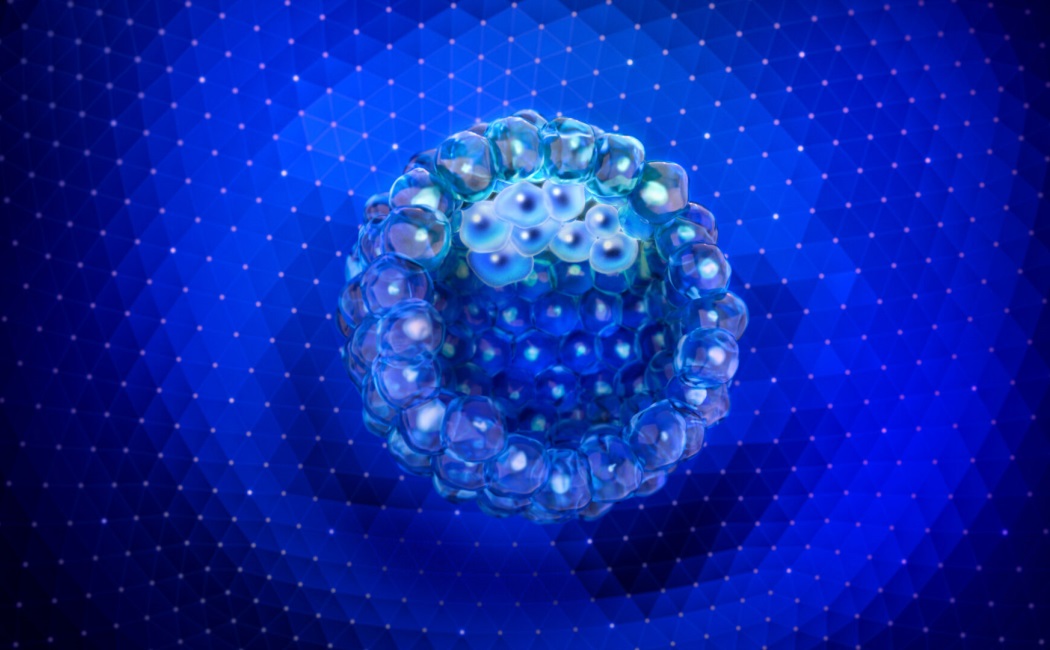
AI speeds up human embryo model research
11 September, 2025
A new machine-learning tool that classifies lab-grown embryo models with exceptional speed and accuracy offers a solution to one of the most pressing problems in developmental biology: how to reliably analyze vast numbers of stem-cell–derived structures known as blastoids, that mimic early human embryos, without relying on slow and subjective human inspection.
The KAUST-developed system, known as deepBlastoid, uses deep learning to sort these structures by morphology in a fraction of the time it would take trained embryologists, with performance that rivals, even surpasses, expert judgment. In benchmark testing, it proved highly adept at classifying early developmental structures, opening new possibilities for high-throughput profiling and uncovering subtle biological effects that might otherwise be missed.